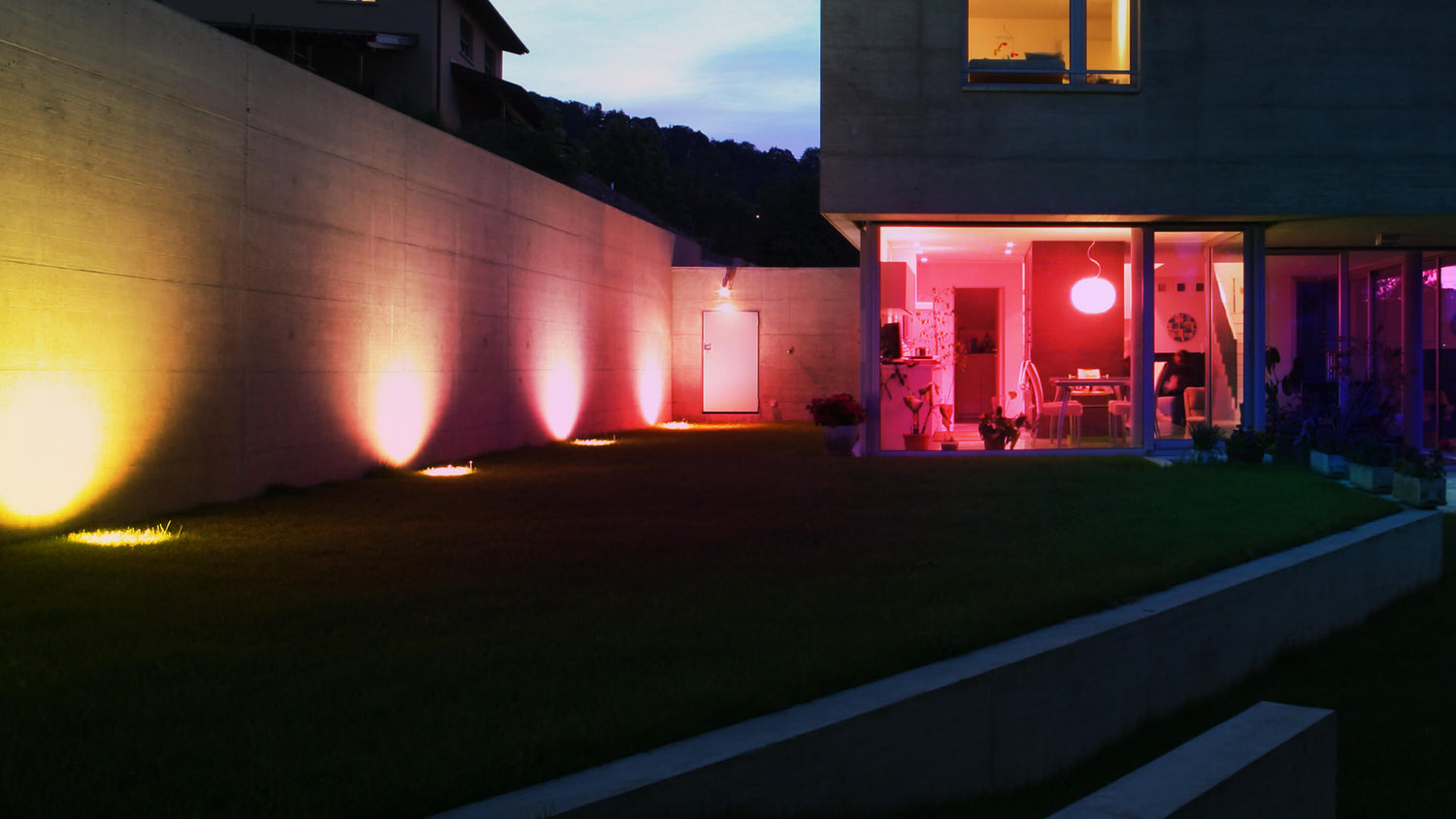
What is Better 12V or 24V LED Lights?
Share
In today's LED lighting market, people are faced with many choices when selecting LED fixtures as technology continues to advance and demand diversifies. Among them, 12V and 24V LED lights, as two common voltage options, are of great interest to consumers. But are 12V LED lights better or 24V LED lights? This is a highly debated topic and one of the confusing aspects for many people when purchasing LED lighting.
Today, we will delve into this topic and analyze the features, benefits, and scenarios where 12V and 24V LED lights are applicable to help you make an informed purchasing decision. Whether you are a home user or a commercial project manager, it is crucial to choose the right voltage of LED lights, which is not only related to the lighting effect, but also involves aspects such as safety and energy efficiency.
12V LED Lights
LED lights have become the mainstream choice in modern lighting, and 12V LED lights stand out with their unique features and advantages.12V LED lights are low-voltage lighting fixtures that work by transmitting an electric current into an LED chip, which excites the electrons in the LED chip to produce light. Compared to traditional high-voltage fixtures, 12V LED lights have a lower operating voltage, which makes them uniquely advantageous in specific scenarios.
Analyzing the advantages of 12V LED lights
- Low Voltage Design: The low voltage design of 12V LED lights makes them safer and more reliable, especially for scenarios that require low voltage. Due to the lower voltage, the risk of electric shock and fire is reduced, providing a more reliable lighting solution for home and commercial environments.
- Energy-saving and Environmentally Friendly: Compared to traditional high-voltage luminaires, 12V LED lights are more energy efficient and can effectively reduce energy consumption. The high-efficiency conversion and low energy consumption characteristics of LED technology make 12V LED fixtures an ideal choice for environmentally friendly lighting, contributing to energy saving and emission reduction.
- Flexible Installation: Due to the characteristics of low voltage, 12V LED lights are flexible to install and suitable for various small lighting scenes. No need for complex electrical wiring, the installation process is simple and fast, reducing installation and maintenance costs, saving time and money for users.
24V LED Lights
24V LED lights are used to realize lighting by supplying 24V voltage to the LED beads. Unlike traditional incandescent lamps, LED lamps emit light through semiconductor materials, providing higher energy efficiency and longer service life.
Analyzing the advantages of 24V LED lights
- High Brightness Output: Compared to 12V LED lights, 24V LED lights usually have higher brightness output. This means you can get brighter and clearer lighting effects under the same lighting conditions, making your space brighter and more vibrant.
- Less Line Loss: Due to the higher voltage of 24V, it reduces line loss, which means that the LED lights can maintain a stable lighting effect even over longer distances. This makes 24V LED lights ideal for scenarios that require long distance lighting, such as large parking lots and warehouses.
- Suitable for large projects: Due to their high brightness and stability, 24V LED lights are very suitable for large commercial lighting projects. Whether indoor or outdoor, in shopping malls, exhibition halls or sports stadiums, 24V LED lights can provide a larger range and more uniform light coverage to meet various lighting needs.
Clear Presentation
| Features | 12V Lights | 24V Lights |
| Applicable scenes | Suitable for small lighting scenes, such as home lighting and commercial displays. | Suitable for large-scale lighting projects, such as commercial buildings and outdoor landscape. |
| Voltage Requirements | Low voltage design for scenarios requiring low voltage. | Higher voltage output for long distance lines and large projects. |
| Brightness Output | Usually low, for small area lighting. | Typically higher, providing more intense illumination. |
| Line Loss | Suitable for short distance lines with less line loss. | Suitable for long distance circuits with low voltage loss. |
| Environmental Adaptability | Suitable for indoor and outdoor environments, reliable and durable. | Suitable for indoor and outdoor environments, with good durability and stability. |
How to choose the right voltage for your LED lights
When choosing the voltage for your LED lights, there are several factors to consider to ensure you choose the best fit for your needs.
Evaluate based on actual needs
- Scenario: Determine the scenario in which the LED light will be used, such as indoor or outdoor, commercial or home environment.
- Luminaire power: Evaluate the required luminaire power according to the lighting intensity and coverage you need. Different scenarios may require different wattage of LED lights.
- Wiring: Consider your wiring situation, including line length, voltage loss and other factors. Longer distances may require higher voltage to ensure lighting effect.
Compare product features
- Performance indicators: Compare the performance indicators of 12V and 24V LED lights, such as brightness, color temperature, beam angle, etc.. Choose the brightness and light color that suits your needs.
- Scenarios: Learn about the scenarios in which 12V and 24V LED lights are used. Some fixtures may be more suitable for low-power lighting for home lighting and small commercial locations, while others are suitable for large commercial projects and outdoor lighting.
When choosing the voltage of your LED lights, remember: the key is to understand your needs and choose the solution that works best for you. Whether you choose 12V or 24V LED lights, expect them to shine brightly, efficiently and safely for your lighting project.
Browse more high-quality LED lighting equipment on the Olafus website.
Related products
 |
 |
More Posts

